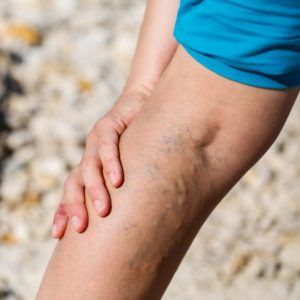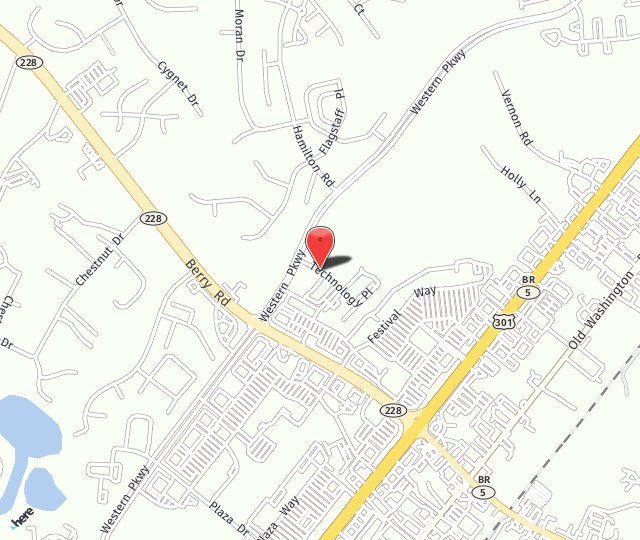
- Spider veins and varicose veins
- Leg swelling and aching or pain
- Leg cramps
- Discoloration of the skin around an affected vein
- Restless leg syndrome
- Phlebitis
- Leg ulcers
- Vascular Malformations
Causes of Vein Disease
Patients often want to know the cause of their vein problems. It’s more like causes, not a single cause. Some of the factors that can contribute to chronic vein disease are unavoidable. These include hormonal factors and inherited factors.
- Studies show that women get vein disease more often than men. It is believed that this is the work of progesterone in the woman’s body. Progesterone levels rise and fall subtly during a woman’s monthly cycle. They rise significantly during pregnancy and play a role in the tightness and strength of muscles and connective tissue. When there is more progesterone, these tissues relax, including the valves in the veins.
- Some people are predisposed to vein disease simply because one or both of their parents have vein problems. This risk ranges from just over 30% to more than 90% if both parents have vein disease.
Not all factors for vein disease are unavoidable. To promote optimal vein health, we can:
- Maintain a healthy weight for our body frame.
- Avoid sitting with crossed legs
- Avoid standing or sitting for prolonged periods
- Maintain an active lifestyle in which the legs move
- Avoid, when possible, activities that could lead to leg injury
The Metropolitan Vascular Institute in Waldorf, MD offers minimally invasive vein treatments to help manage chronic vein disease. To learn more, contact us today at (301) 374-8540 and schedule an appointment.

